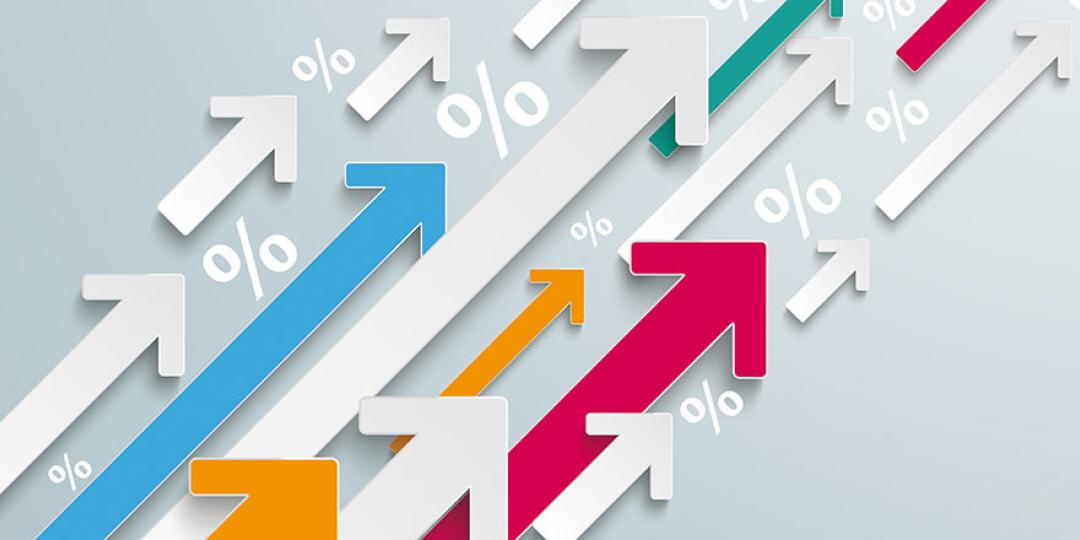The US economy is taking strain, and yet another aggressive Federal Reserve interest rate hike remains on the cards this week before a rate-cutting cycle is expected to start in 2023.
Bureau for Economic Research economists noted in the Weekly Review report that the bank was likely to hike interest rates by as much as 100 basis points when it meets this week.
“With several central banks increasing their policy interest rates by more than generally expected in recent weeks, the interest rate announcement by the Fed on Wednesday is front and centre in terms of economic developments this week. The consensus is for another 75bps hike. However, there are some calling for a full 100bps,” the economists said.
The first estimate for US real GDP for the second quarter of 2022 will be released on Thursday.
“In a way, the timing is unfortunate as the performance of the economy and whether the US is on course for a ‘soft-landing’ or not is one of the key considerations for the Fed, especially given the 1.6% quarterly contraction in real economic activity registered in 2022Q1,” the economists said.
Preliminary US Producer Manufacturing Index (PMI) data for July showed stark weakness in the services sector.
“These releases, in addition to recent poor US housing market data, suggest that the economy is taking strain from high inflation and rising interest rates. As a result, investors scaled back expectations for the magnitude of future Federal Reserve Bank policy interest rate hikes. Current pricing suggests that the Fed could start cutting the policy rate in the second half of 2023 following expected further policy tightening in the rest of 2022,” the economists said.
In South Africa, a spate of data will be released towards the end of the week, including the producer price index (PPI) for June.”
The index jumped to 14.7% year-on-year in May.
“The consensus is that factory gate inflation accelerated by 15.6% year-on-year in June, led by energy and food prices.”
The SA Reserve Bank’s Monetary Policy Committee (MPC) raised the policy interest rate by 75bps, last week, pushing the repo rate to 5.5% and the prime lending rate to 9%. This is the biggest hike since September 2002.
“The decision was against the consensus view of a 50bps hike, but in line with our expectation. The MPC voting behaviour signalled a much more hawkish tilt compared to their previous meeting in May. Following the better-than-expected growth outcome in 2022Q1, the SARB expects the economy to expand by 2% in 2022, revised up from 1.7% in the previous meeting,” the economists noted.
Headline consumer inflation is forecast to average 6.5% in 2022 before moderating to 5.7% and 4.7% in 2023 and 2024 respectively.
“Aside from realised inflation risks, including the marked depreciation of the rand against the US dollar since May, the 75bps hike was fuelled by a further deterioration in inflation expectations, higher core inflation projections, and ‘considerable’ upside risk to the SARB’s nominal wage forecast,” the economists added.













